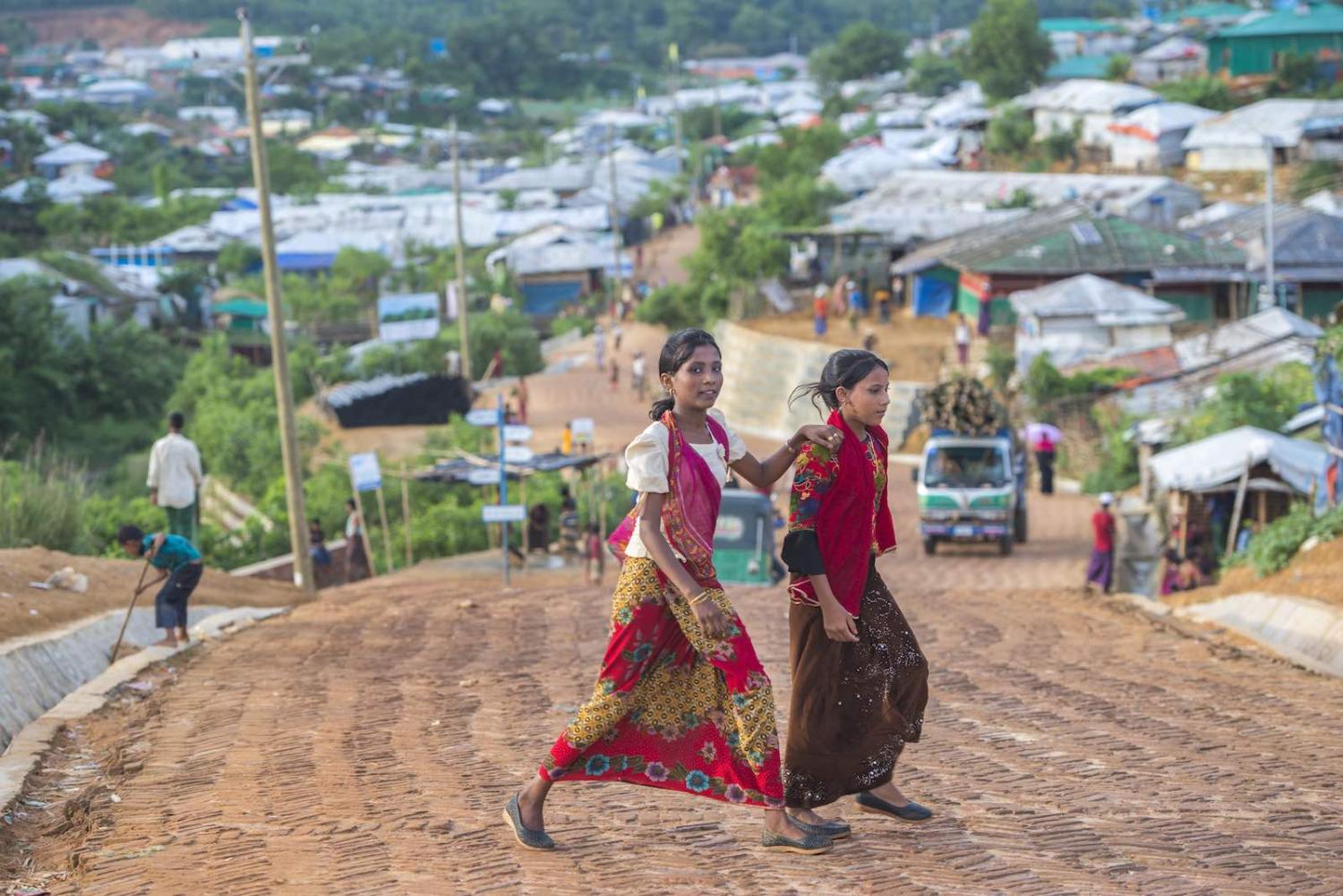- In response to Donald Trump’s scepticism about climate change, French President Emmanuel Macron is now offering US scientists four-year grants to move to France and carry out research on global warming.
- In this blog and working paper, Lauren Post, Rachel Landry and Cindy Huang argue that both the government of Bangladesh and the international donor community should shift its approach of the Rohingya crisis from the short-term to the medium-long term.
- Michael Lokshin and Martin Ravallion have an idea that could address not only the US but also Australia’s labour market needs, and global poverty at the same time: to allow people in those countries to rent out their right to work to migrants.
- Henry Gao looks into the argument around China as a developing country, and explains what would change should the World Trade Organisation modify its status.
- After a long civil war that devastated the economy, infrastructure, public institutions and countless lives, Somalia is still is one of the poorest and most violent countries not only in Africa but in the world. Yet there are reasons to hope for a change, according to Raj M. Desai.
- Africa-China fact of the day: from 2003 to 2018, the number of African students in Chinese higher-education institutions increased an astounding 40-fold, jumping from about 1,793 in 2003 to 81,562, last year, according to statistics from the Chinese education ministry.
- In this piece, Timothy Taylor looks at the Arab Human Development Report produced by the Regional Bureau for Arab States in the UN Development Program. The unmistakable theme, he argues, is that the Arab development model and the associated social contract isn’t working.
- Mexico’s “Prospera” program – the iconic program for advocates of conditional cash transfers (CCTs) – was a big story in the social protection world. However, after running for 21 years, the socialist government of Mexico decided to end the neoliberal program, due to inaccurate targeting and unfair conditions.
- After the genocide in Rwanda, the proportion of women in the country was around 60%, and 25 years later, the country ranks as a world leader with a share of women in national legislature. Yet women’s role in society hasn’t improved. Gregory Warner seeks to understand why.
- Stephen Howes looks at the contribution made by Australia to the Global Fund.
Aid links: Rohingya crisis continues, China’s Africa education, more
Links and stories from the aid and development sector.

Sprawling camps around Cox’s Bazar make up the world’s largest refugee settlement (Photo: Peter Biro/European Union)
Published 9 Oct 2019
Follow @AlexandreDayant